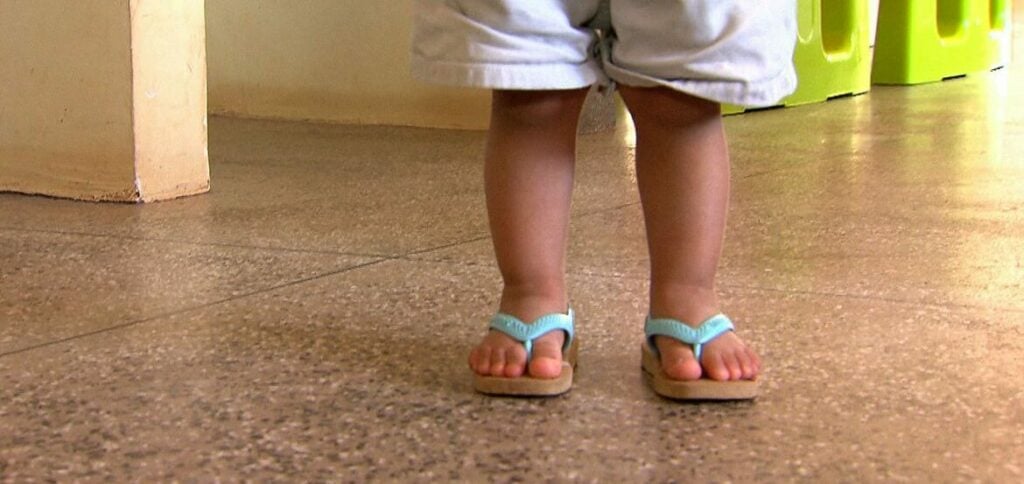The survey took into account data from the Mortality Information System (SIM), of the Ministry of Health, in 2020 and 2021, and from the Live Birth Information System (Sinasc), between 2003 and 2020. One of the limitations of the research is that the information on deaths in 2021 is preliminary.
ADVERTISING
No article (🇬🇧), the researchers warn that the death of a “parent”, especially the mother, is linked to “adverse outcomes throughout life and has serious consequences for the well-being of the family”. “The experience of the HIV/AIDS epidemic has demonstrated that orphaned children are particularly vulnerable at an emotional and behavioral level, requiring intervention programs to mitigate the psychological consequences of the loss of a parent,” they wrote.

In a note, the coordinator of Observa Infância, from Fiocruz, Cristiano Boccolini, one of the authors of the study, argued that Brazil needs to urgently adopt “intersectoral public policies to protect children”.
“Considering the health and economic crisis installed in the country, with the return of hunger, the increase in food insecurity, the growth of unemployment, the intensification of precarious work and the growing queue for entry into social programs, it is urgent to mobilize society for the protection of children.”
ADVERTISING
Boccolini also highlighted that the research showed that the Covid-19 it was “responsible for one-third of all deaths related to labor and birth complications among young women.” “Which represents a 37% increase in maternal mortality rates in Brazil, compared to 2019, when it was already high. For every thousand babies born alive, one mother died in Brazil during the first two years of the pandemic,” she pointed out.
Inequality
The study reveals that in the first two years of pandemic, Covid-19 it was responsible for a fifth of the deaths registered in Brazil (19%). However, it did not affect everyone equally. The researchers showed that the least educated were disproportionately affected by the disease.
The general mortality rate from the disease was 14,8 deaths for every 10 thousand inhabitants. When looking only at illiterates, it was 38,8 per 10, three times higher than the rate among people with higher education (13/10).
ADVERTISING

One of the researchers' hypotheses to explain the result is that individuals with low education were more exposed to the infection due to the need to work outside the home, without the possibility of stopping working during the period. pandemic.
They also point out that the urban population with a low socioeconomic level is concentrated in favelas in large Brazilian metropolises, “preventing compliance with social distancing measures and isolation of diagnosed cases”.
(To Estadão Content)
Read also
(🚥): may require registration and/or signature
(🇬🇧): content in English
(*): content in other languages is translated by Google Tradutor
ADVERTISING





